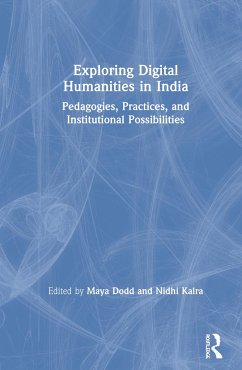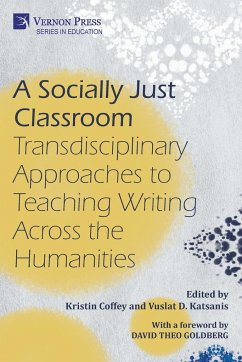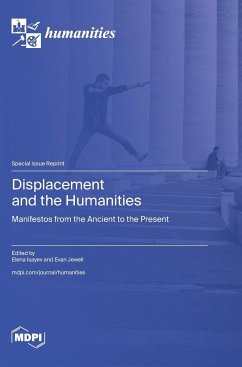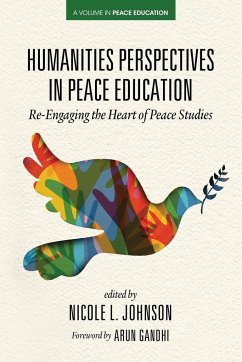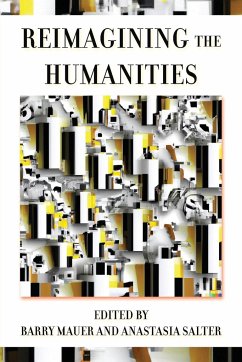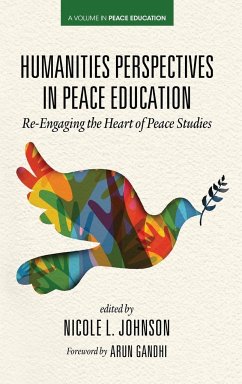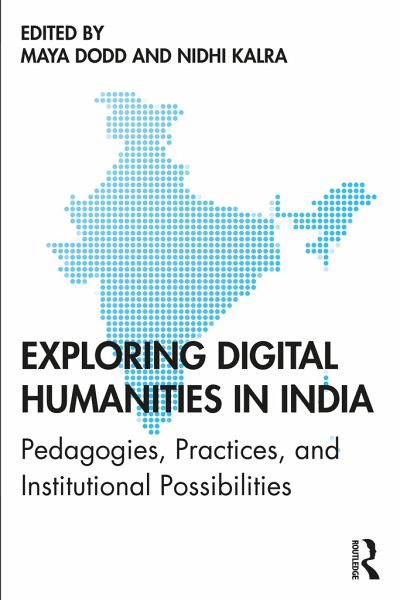
Exploring Digital Humanities in India
Pedagogies, Practices, and Institutional Possibilities
Herausgeber: Dodd, Maya; Kalra, Nidhi

PAYBACK Punkte
28 °P sammeln!
This book explores the emergence of digital humanities in the Indian context. It looks at how online and digital resources have transformed classroom and research practices. It examines some fundamental questions: What is digital humanities? Who is a digital humanist? What is its place in the Indian context? The chapters in the volume: ¿ study the varied practices and pedagogies involved in incorporating the 'digital' into traditional classrooms; ¿ showcase how researchers across disciplinary lines are expanding their scope of research, by adding a 'digital' component to update their curricu...
This book explores the emergence of digital humanities in the Indian context. It looks at how online and digital resources have transformed classroom and research practices. It examines some fundamental questions: What is digital humanities? Who is a digital humanist? What is its place in the Indian context? The chapters in the volume: ¿ study the varied practices and pedagogies involved in incorporating the 'digital' into traditional classrooms; ¿ showcase how researchers across disciplinary lines are expanding their scope of research, by adding a 'digital' component to update their curriculum to contemporary times; ¿ highlight how this has also created opportunities for researchers to push the boundaries of their pedagogy and encouraged students to create 'live projects' with the aid of digital platforms; and ¿ track changes in the language of research, documentation, archiving and reproduction as new conversations are opening up across Indian languages. A major intervention in the social sciences and humanities, this book will be of great interest to scholars and researchers of media studies, especially new and digital media, education, South Asian studies and cultural studies.





